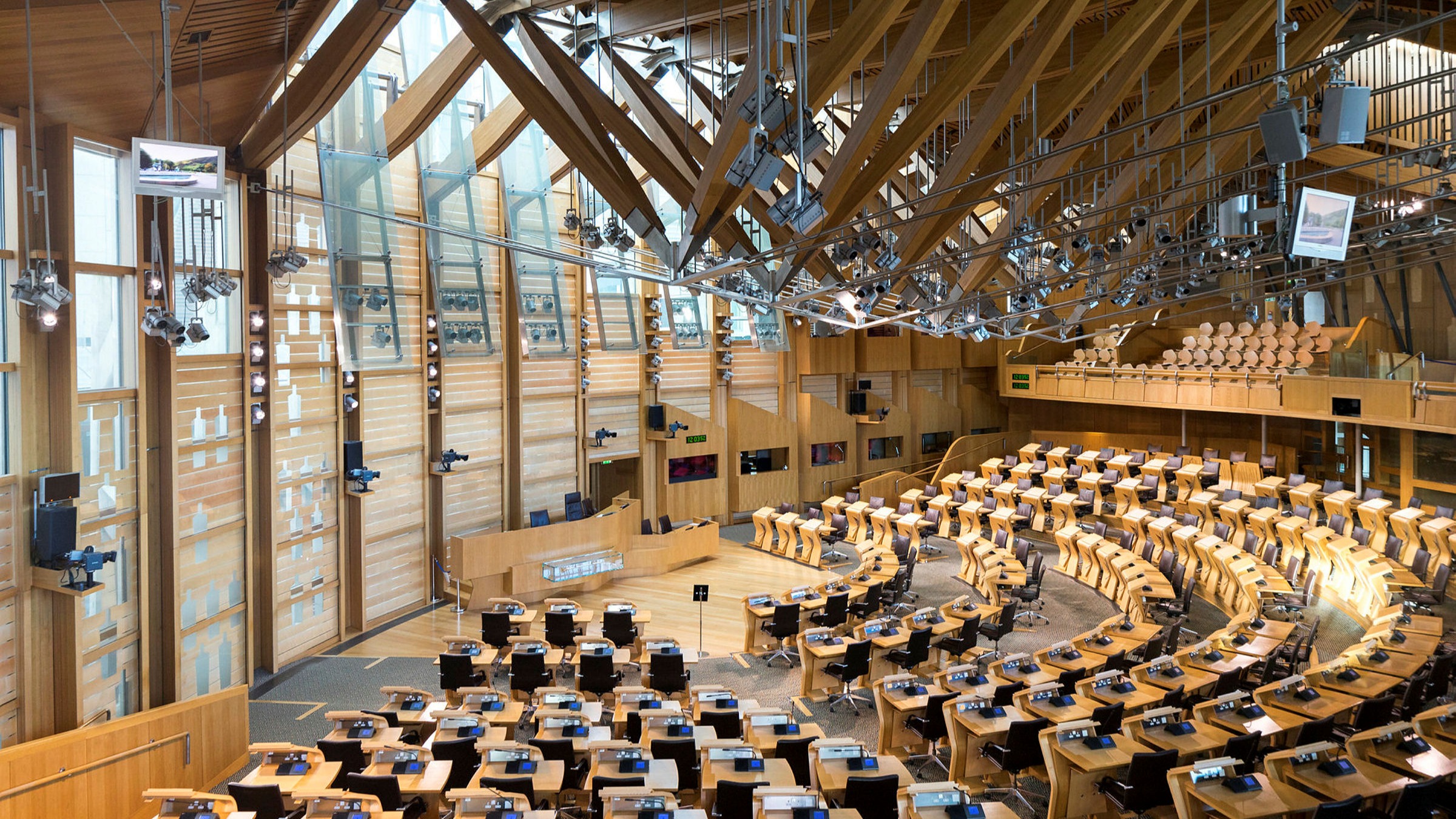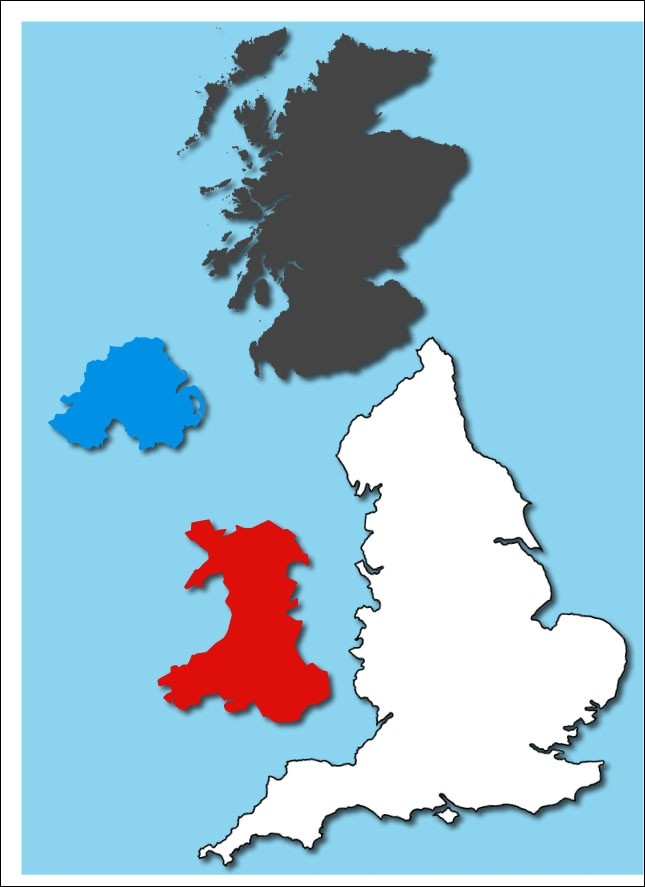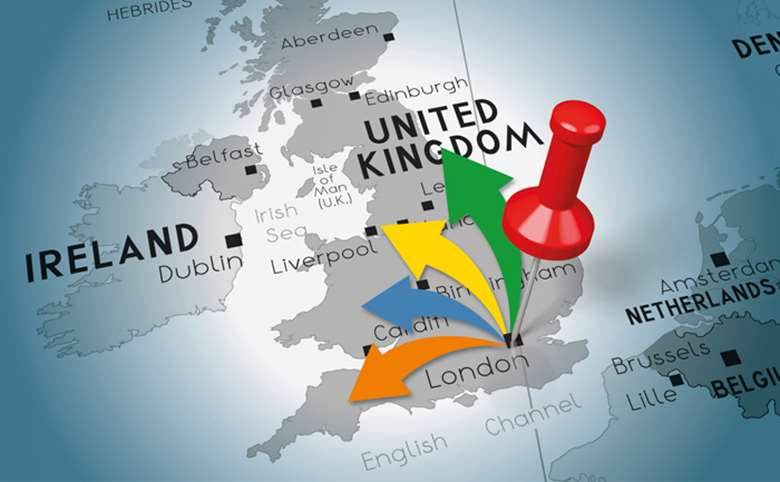Scotland Act 1998
The Scotland Act was passed following a referendum which voted in favour of devolution to Scotland.
The Act established a Scottish Parliament which had powers of its own over education, policing, criminal and civil law, the health service, public transport and income tax rates.
Scottish Parliament

The Scottish Parliament held its first elections in 1999. They use an Additional Member System (AMS) for voting members into parliament. Similarly to the UK, the government is formed by the largest party, or a coalition of parties if a majority is not elected.
Scotland Act 2016
The 2016 Scotland Act was Scotland’s second stage of devolution after demands grew for more powers following the 2014 independence referendum. While the referendum did not succeed, it showed that Scottish residents wanted more devolution.
Powers transferred to Scotland included income tax rates, some business taxes and control over half of VAT receipts. Other powers devolved included the regulation of the energy industry, control over welfare services, air passenger duty and the widening of areas where the Scottish Parliament could pass laws.


